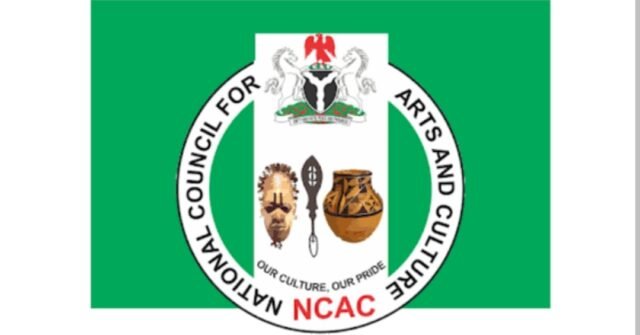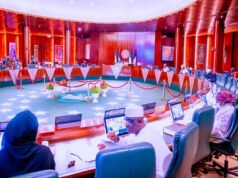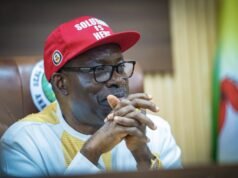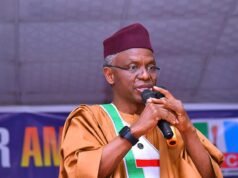Nigeria has taken a decisive leap toward transforming its creative sector with the launch of the Council for Creative-Technology Futures (CCTF) — a visionary platform designed to merge the country’s cultural heritage with cutting-edge technology.
The initiative, spearheaded by the National Council for Arts and Culture (NCAC) in partnership with the Federal Ministry of Art, Culture, Tourism and Creative Economy (FMACTCE), aims to position Nigeria as a global creative powerhouse through innovation, strategic partnerships, and policy alignment.
Table of Contents

A New Era for Nigeria’s Creative Industry
Unveiling the Council in Abuja, NCAC’s Director-General Mr Obi Asika described the development as “a landmark in the history of our creative economy.” He explained that the Council will act as a policy, strategy, and implementation hub dedicated to harnessing emerging technologies like Artificial Intelligence (AI), Augmented and Virtual Reality (AR/VR), Web3, and blockchain across 49 sectors within Nigeria’s cultural and creative industries.
Nigeria’s creative economy — spanning music, film, fashion, design, gaming, crafts, and digital content — is one of the fastest-growing in Africa, with projections indicating it could surpass US $25 billion in value by 2025. Asika stressed that the CCTF will ensure this growth is sustainable, inclusive, and future-ready.
National Creative-Tech Framework (2025–2030)
One of the Council’s first major tasks is the development of a National Creative-Tech Framework and Roadmap (2025–2030). This blueprint will align with the National AI Strategy, the Digital Economy Policy (2020–2030), and NCAC’s own programmes such as Discover Naija and NCAC Hubs.
According to Mr Asika, the framework will be built through stakeholder engagement and public consultations. “We are not just building policies; we are building bridges between tradition and technology, ensuring Nigerian creativity thrives in a digital age,” he said.
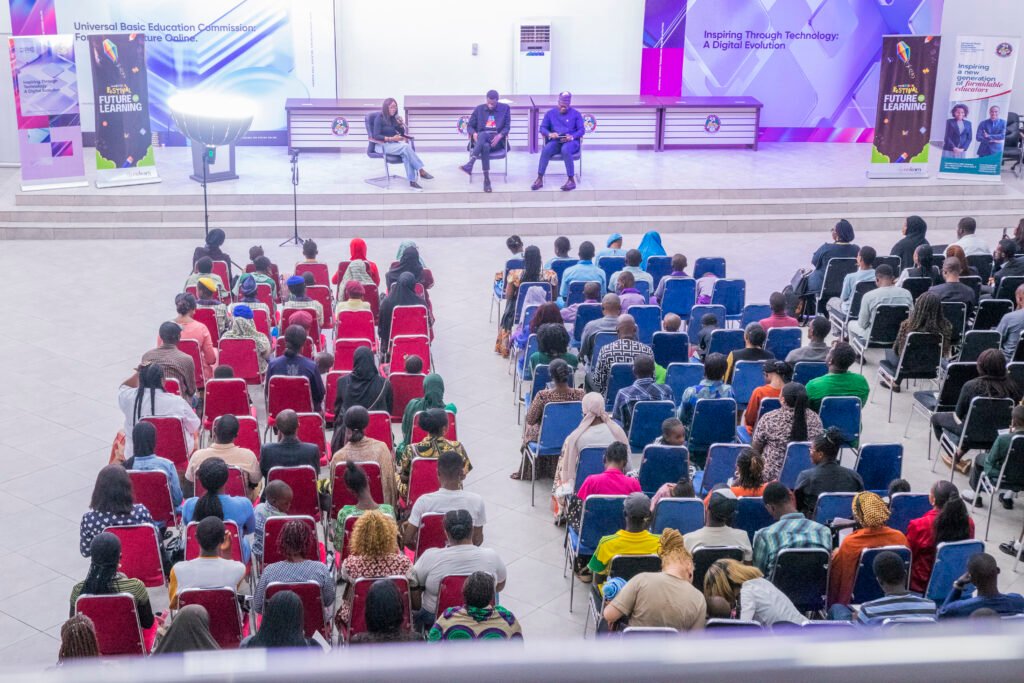
High-Profile Partnerships
The CCTF will work with a diverse set of local and international partners to mobilise funding, technical expertise, and global market access. Notable collaborators include:
- British Council – for cultural diplomacy and exchange
- University for the Creative Arts (UK) – for capacity building and training
- UNESCO – for cultural heritage preservation
- Google and Meta – for digital innovation tools
- African Development Bank (AfDB) – for infrastructure and funding
- GIZ – for technical cooperation
- European Union – for policy and investment support
- Netflix – for creative content promotion and global streaming access
These partnerships are expected to open doors for Nigerian creators to compete globally while retaining ownership of their intellectual property.
The Inaugural Council Members
The newly inaugurated Council includes industry leaders, technologists, academics, and creative visionaries:
- Charles Emembolu (TechQuest) – Chair, talent and capacity development
- Misan Harriman – Director and photographer, creative storytelling
- Dayo Elegbe (Sponge Group) – Digital strategy
- Bizzle Oshikoya (The Plug) – Music and talent management
- Kemi Awodein (Chapel Hill Denham) – Finance and investment
- Osas Peter (BlackAt) – Creator innovation
- Malik Afegbua – AI storytelling and creative futurism
- Sandra Oyewole – Intellectual property law
- Judith Okonkwo (Imisi 3D) – AR and immersive tech
- Dr Dahiru Sani (Kaduna Business School) – Business leadership
- Dr Chinedu Odoala – NCAC Secretariat head
Their collective expertise reflects a broad approach, combining creative, technical, legal, financial, and academic perspectives.
Service to the Nation
In a rare gesture of public-spirited leadership, all members of the CCTF will serve pro bono, demonstrating a shared commitment to the nation’s cultural and technological advancement.
Mr Asika emphasised that this spirit of service is what will keep the Council focused on national interest rather than commercial gains. “We are doing this because we believe in the story Nigeria has to tell — and in the tools we can use to tell it better,” he said.
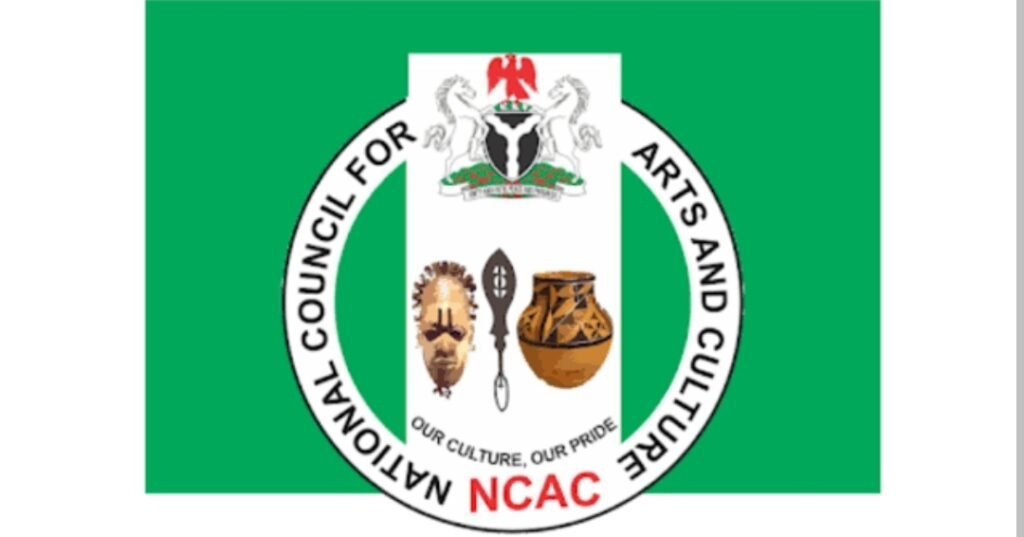
Why This Matters
The launch of the CCTF signals a shift from traditional, often fragmented approaches to creative sector development towards a unified, technology-driven strategy. This is vital in a world where AI-generated art, blockchain-based copyright systems, and immersive storytelling are rapidly reshaping creative industries.
By institutionalising tech integration into cultural production, Nigeria is aiming to:
- Create new jobs in emerging tech-creative intersections
- Expand export potential for Nigerian creative products
- Preserve cultural heritage in digital formats
- Enhance access to global markets for local creators
- Protect intellectual property using modern legal and digital frameworks
This is also about identity. As the global appetite for African stories grows, Nigeria is positioning itself not just as a participant but as a leader, capable of exporting its culture in innovative, high-value formats.
Looking Ahead
The CCTF is set to begin work immediately on its roadmap and stakeholder consultations. Pilot projects are expected to roll out in the coming year, focusing on areas such as virtual heritage experiences, AI-powered content creation, and creator funding platforms.
Industry observers believe this move could become a model for other African countries seeking to modernise their creative economies. If successful, Nigeria will have effectively fused its rich heritage with the digital tools shaping the future — setting a precedent that creativity is as much about innovation as it is about tradition.
Join Our Social Media Channels:
WhatsApp: NaijaEyes
Facebook: NaijaEyes
Twitter: NaijaEyes
Instagram: NaijaEyes
TikTok: NaijaEyes


